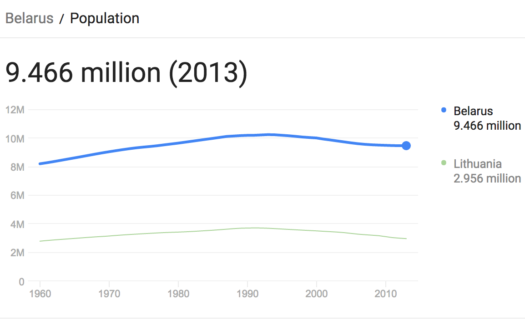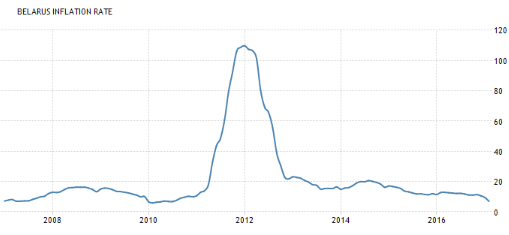Stop talking about interest rates
W. Peden directed me to this article:
Andy Haldane said low rates kept some “zombie” firms alive, but the trade off was far more people stayed in work.
A Bank modelling scenario found that years of 0.25% rates probably kept 1.5 million in jobs, he said in a speech.
He would not have sacrificed those jobs for an extra 1% or 2% productivity.
This sort of thing makes me want to pull my hair out. Start with the fact that he’s reasoning from a price change. I suppose his defenders would claim he meant “an easy money policy that caused low interest rates also tended to hurt productivity”. But of course that’s not what happened. In fact, UK interest rates fell to very low levels because of extremely low NGDP growth after 2008, which was in turn caused by tight money. In a counterfactual where the BoE adopted ECB style policy, NGDP growth would have been even slower, and interest rates would have been ever lower (indeed negative.)
Although BoE policy was far better than ECB policy, it was still too contractionary. But for simplicity let’s assume it was about right—that will make it easier to explain what’s wrong with Haldane’s comments.
Suppose NGDP growth in the UK were appropriate. And suppose you saw falling interest rates and falling productivity growth in that environment. How would you interpret those facts? I’d make the following claims:
1. The UK was probably hit by an adverse supply shock. I can think of at least three components; falling North Sea oil output, a big decline in banking jobs in “The City” after the crash of 2008, and a drop in manufacturing jobs because of the collapse in world trade in 2008-09. Of course the 2008-09 shock is a demand shock at the global level, but at the UK level it shows up as a supply shock.
2. In oil, banking, and manufacturing, worker productivity is much higher than for the economy as a whole. So when those sectors suddenly decline, overall productivity will take a hit. This has nothing to do with monetary policy.
3. If monetary policy is sound (reasonable NGDP growth), then the workers losing jobs in those three sectors will initially re-allocate into less productive sectors, mostly in the service sector. Again, overall productivity will suffer.
4. I also suspect that the UK is suffering from some of the same “Great Stagnation” problems that are affecting the US and other developed countries.
If the BoE had adopted a very tight money policy, causing a big drop in NGDP, then the re-allocation of workers from declining sectors to growing sectors would have been less complete. This might have actually raised productivity slightly, as the least productive workers often are the ones who have the hardest time getting re-employed.
To summarize, neither a low interest rate policy nor monetary policy more generally reduced UK productivity. Rather productivity fell as part of the natural adjustment process in a free market economy, as workers get re-allocated out of high productivity sectors into lower productivity sectors. To its credit, the BoE refrained from the sort of tight money policy adopted by the ECB, which would have led to much more unemployment, but which also might have led to slightly higher productivity in the short run.
The BoE is not a fireman that rescued the UK labor market at the cost of lower productivity; rather the ECB is an arsonist who trashed the eurozone labor market.



